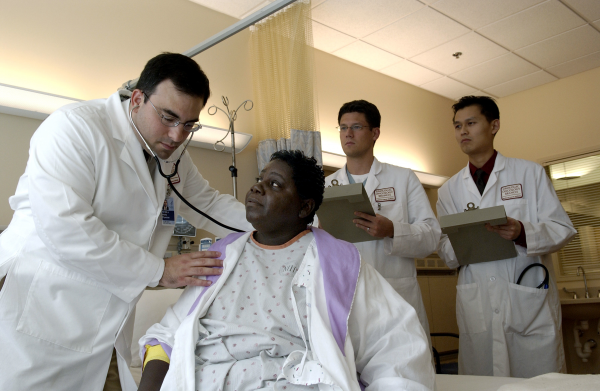Genes Contribute to Population-Based Differences in Antidepressant Response
5 Questions with Dr. Francis McMahon
Depression is one of the most common mental health conditions in the U.S., affecting nearly seven percent of American adults each year. With the increasing social and economic pressures of the modern world likely contributing to depressive symptoms, it is more important now than ever to study depression and the factors that contribute to recovery.
A number of variables contribute to an individual’s overall mental health and response to treatment, including elements of nature and nurture that have long been studied at the NIH. In a 2013 study, researchers led by IRP senior investigator Francis McMahon, M.D., set out to understand the complex genetic factors that he believed might help explain why antidepressants are less effective for African Americans with depression than for other populations. His research revealed that differences in socioeconomics and health explained most of those differences in antidepressant response, and the remaining differences were explained by differences in genetic ancestry, rather than self-reported race. The discovery that genetics play a role in this health disparity could help close the gap and improve depression treatment for African Americans.


